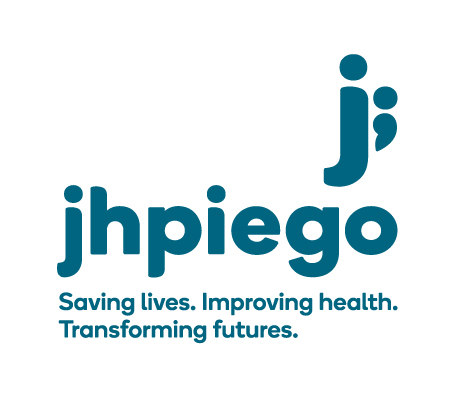Ministry of National Development Planning/Bappenas
Description
About
The Ministry of National Development Planning / Bappenas is a Indonesian government agency mandated to formulate the national development plan. Bappenas plays a role to coordinate national implementation of the Sustainable Development Goals (SDGs)
History
Bappenas as is known today, has started its history immediately upon Indonesia gaining independence in August 1945. It was realized that gaining political independence will not suffice if not accompanied by endeavors to enhance the economic wellbeing of the people. Thus, on 12 April 1947, the Planning Board was established, which succeeded to formulate Indonesia’s first development planning document, called the “Dasar-dasar Pokok Daripada Plan Mengatur Ekonomi Indonesia” (Basic Plan for Developing Indonesia’s Economy).
The role and functions that the planning agency had assumed since 1947 onwards, however, had depended on the specific social and economic conditions. Indeed, the planning process has not occurred in a vacuum of such conditions. There had been several distinctive underlying characteristics affecting it. First, the orientation of the national development needs to have a strong commitment to economic development. The role of the national development planning agency is essential if enhanmcing the economic wellbeing of the people has become a commitment. Second, the development planning agency will have a more effective role if the head of the planning agency is directly placed under more explicit in the cabinet, as is now exmplied in the head being the Minister of National Development Planning, not juet as the Head of the National Development Planning Agency. Third, eventhough the development planning agency performs as a think-tank, the national development planning agency needs to effectively coordinate with all Ministries as well as with Regional Governments, as currently manifested in the Musrenbangnas (National Development Planning Consultation).
From being a Planning Board on 12 April 1947, which is the official birth date of Bappenas, then on 7 January 1952 it became the Badan Perancang Negara (State Development Agency), which formulated Indonesia’s first five year plan, namely the development plan for 1956-1960. The term ‘Bappenas’ originated in Presidential Decree Number 12 of 1963, which integrated the Depernas into the Kabinet Kerja.
Role and Functions
To formulate policies and decision making
- To formulate the national development plan
- To formulate the draft budget
- To control and evaluate the implementation of the development plan
- To engage in the decision making of handling urgent and large scale problems, in accordance with the specific tasks
To function as a think tank
- To analyse and formulate policies in the field of development planning and policies in other fields
- To strengthen the planning capacity at the central and regional levels in the context of creating an innovative and creative funding mechanism
- To engage in participatory planning through cooperation with universities, professional organizations, and with civil society organizations
To function as coordinator
- To coordinate and formulate policies in the fields of development planning, national development strategy, providing direction to sectoral, cross-sectoral, and cross-regional policies, national and regional macro-economic framework, engineering design of facilities and infrastructure, framework of regulations, institutions, and funding, and in the field of monitoring, evaluation, and controlling of the national development implementation
- To coordinate the seeking out of domestic and foreign sources of financing, and in the allocation of funds
- To coordinate and sinchronize the implementation of policies omnational development planning and budgeting and the preparation of construction designing of facilities and infrastructure
- To coordinate strategic activities in the handling of urgent and large scale problems, in accordance with the specially assigned tasks
To function as administrator
- To manage planning documents including documents on external loans and grants
- To formulate and manage reports of monitoring results on the implementation of development plans
- To formulate and manage reports of evaluation results
- To provide guidance and general administratve services
SECTOR
Development Cooperation
Country
Indonesia
SDG
17 - Partnerships for the Goals
Organization Type
Government
Similar Organizations




